The emergence of ChatGPT and other generative AI technologies has caused a significant shift in the SEO landscape, raising important questions about their impact on enterprise SEO.
While some websites have used these technologies responsibly to enhance their SEO efforts, others have exploited them to manipulate search rankings. This has led to a range of critical implications for enterprise SEO.
As the industry rapidly evolves, many SEO professionals are left wondering what the future holds and how they can adapt to these changes.
In this blog, we'll explore how generative AI is expected to impact enterprise SEO and provide guidance on how to prepare for the future.
Use this menu to jump to each impact:
-
Content That Matches User Intent Is Critical To Ensure the Model Is Trained on It
-
The Overflow of Content Makes Using Generative AI Table Stakes for Every Website
-
Increasing Visibility on Search Engines Besides Google Is A Growing Priority
1. Informational Queries are Most At Risk For Losing Traffic
Instead of finding the best answer to a query and listing the source in the search engine results pages, search engines can now CREATE a new answer using generative AI. This is the premise of Google's Search Generative Experience which could completely revolutionize search should Google decide to release it to the public.
Recommended Reading: What’s Next for Google's Search Generative Experience?
As a result, informational queries, which make up the vast majority of searches, are most at risk of losing traffic.
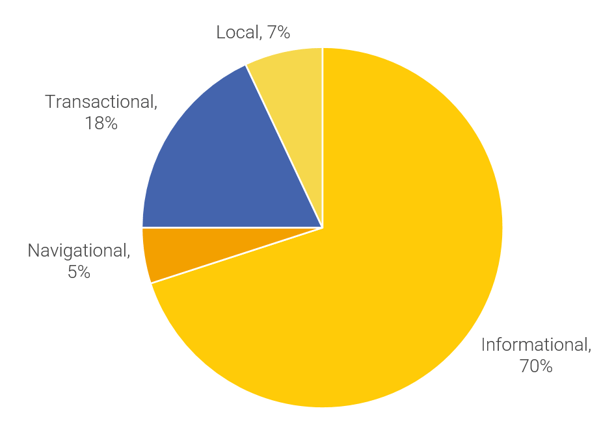
Other SEOs have also mirrored this concern:
The searches most likely to be impacted are those in the upper funnel, where the user is seeking informational or research content. Generative AI adds value for these types of searches by giving the user a robust answer that doesn’t require clicking on multiple links. Wider adoption of chatbot AI for these types of searches would likely impact traffic to organic listings.
When generating content, ChatGPT does not include citations or links to any sources it drew the information from.
Bing's chat interface, however, does have clickable citations listed as footnotes.
Google's Gemini (previously known as Bard) also has a button that makes it check its response against sources found in Google search results. It then inserts any corrections or additions with a highlight and a button to show the source site.
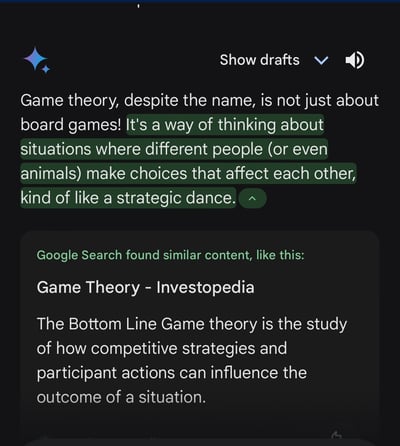
Recommended Reading: Addressing Top Concerns On Using ChatGPT For Enterprise SEO
What to Prioritize in Your SEO Strategy
If you’re too focused on providing basic information, you’ll start losing traffic. To retain search visibility, the content you create must go beyond commodity information and provide full value and context around a topic.
seoClarity’s AI SEO content writer, Content Fusion, helps you write relevant and authoritative content by identifying key concepts and terms to include. In addition, it outlines what has already been written on a topic to save time on research and provide context.
2. Google’s Resources Will Get Strained
The second implication of generative AI for enterprise SEO involves the inevitable onslaught of content that people will create using it.
Despite any cautions against using AI for large-scale content creation, the ability to generate massive amounts of content without human intervention will be too tempting for many websites.
Expect the already overcrowded content landscape to boil over.
SEOs like Alexander De Ridder have commented on the strain that this influx of content will put on Google’s resources:
Google has an infrastructure issue, because content supply increased so much in a short amount of time, that their data centers can't index it all. In response, they are reducing crawl budget for sites who have a higher content velocity relative to their trust rating.
What to Prioritize in Your SEO Strategy
Since there is already more content generated than Google can crawl and index, it’s imperative to focus on crawl budget and content authority.
To stay ahead of the curve, make sure Google’s limited resources are crawling your most important pages and that you are building superior content that stands out from the mass-produced.

seoClarity Clarity 360 is an example of a tool that employs AI analysis to pinpoint the bottlenecks in your site where critical pages are not being crawled or indexed by Google. It also helps identify pages that aren’t generating traffic or conversions even if they are being crawled and indexed.
Insights like these will become major game changers in the battle to stand out in the midst of content chaos in search.
3. Content That Matches User Intent Is Critical To Ensure the Model Is Trained on It
AI algorithms like ChatGPT only know what it’s been trained on. It doesn’t actually “know” what the best of anything is or the most useful or the best fit.
To appear for searches related to “the top 10 X,” your products and services must be mentioned in articles that discuss them as one of the best options available. In other words, you need to create content with sufficient contextual cues to match up with query intent.
Samar Farooq discusses training the model to understand user intent in this LinkedIn post:
Using the labeled dataset, Chat GPT can be trained using supervised learning techniques. The model learns to associate the input queries with their respective intent labels, allowing it to recognize similar patterns in new queries during inference.
What to Prioritize in Your SEO Strategy
To delve beyond the keywords themselves into related meanings and user intent, it is more important than ever to use sophisticated research tools that employ artificial intelligence.
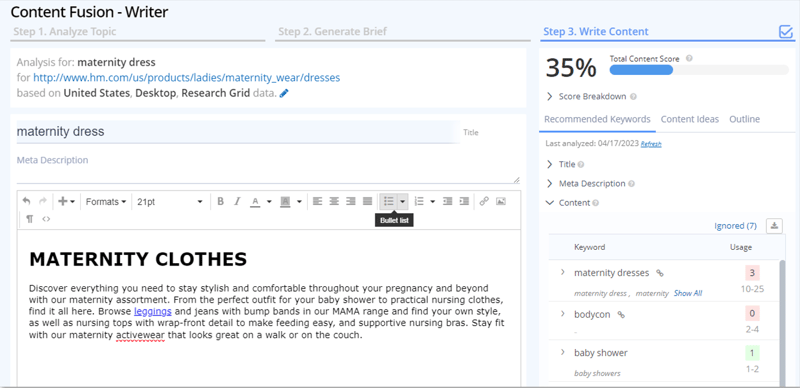
For example, Content Fusion in seoClarity analyzes the content of the highest-ranking search results for your topic and shows you how your content measures up. Then, it provides guidance on which intent-relevant words will make your content even more pertinent and more likely to be ranked higher by Google's algorithms.
4. The Overflow of Content Makes Using Generative AI Table Stakes for Every Website
Google has stated that it will reward high-quality content, regardless of how it is produced. As such, as long as content generated using AI demonstrates E-E-A-T (expertise, experience, authoritativeness, and trustworthiness), it will get rewarded by Google’s ranking system.
Upon hearing that Google isn’t specifically hunting down AI content, many sites have adopted the use of generative AI to expedite their content creation process.
To remain competitive in the increasingly fast-paced world of content creation, using generative AI has become table stakes for every website.
That being said, we caution against mass-producing content using generative AI without implementing human review to ensure quality and depth.
Recommended Reading: Ways to Use Generative AI for SEO
What to Prioritize in Your SEO Strategy
To achieve long-term SEO success, it’s important to resist the temptation to flood your site with a surplus of low-quality AI-generated content in an attempt to outsmart Google's algorithm.
As Doug Darroch points out, AI-generated content without any human intervention likely will not satisfy Google’s helpful content system:
Given that AI tools are trained on existing content, it’s basically impossible for them to ‘add value.’ They can only summarize and rework ideas that are already out there (or that you give them).
While it may be tempting to churn out AI-generated content at scale, doing so could have numerous negative repercussions such as short-lived results and low conversion rates despite a spike in traffic.
Avoid these consequences by prioritizing human review of all content to ensure it provides value.
To help SEOs create content using generative AI without compromising quality, we've integrated Sia (our AI-powered SEO assistant) into Content Fusion, our AI content writer.
It allows you to create Custom Profiles to tailor outputs to your unique needs, such as tone of voice, target audience, and writing style, without needing to train ChatGPT extensively on SEO.
Based on these profiles, it creates content based on your specified parameters, offering writers a strong foundation to work from.
To avoid plagiarism and thin content, it creates structured outlines instead of entire pieces of content at once. Then, writers can AI-generate content section-by-section.
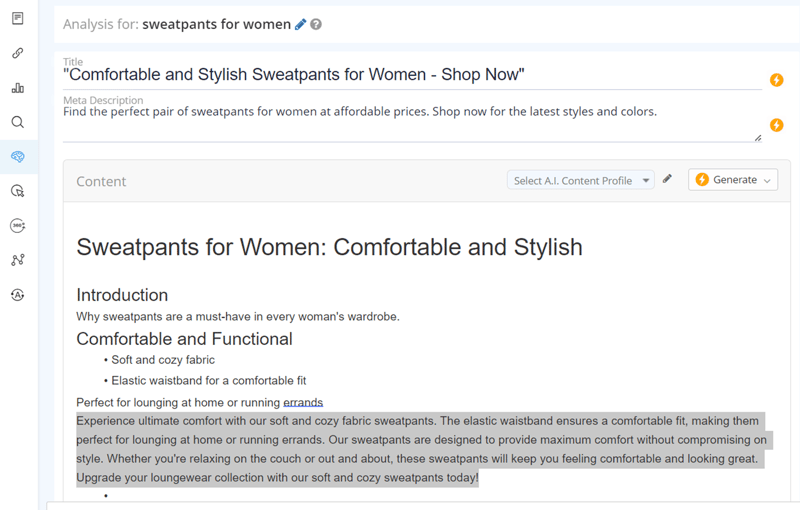
Of course, human review and revision are still crucial to maintaining accuracy, originality, and a quality user experience in all AI-generated content.
5. Increasing Visibility on Search Engines Besides Google Is A Growing Priority
Until now, SEOs have primarily prioritized site visibility within traditional search engines like Google. But as users begin to utilize AI-powered search more, they will also need to consider how to gain visibility in AI answer engines like GPT, Perplexity and others.
Like regular search engines, these AI engines also rely on crawlers to find information and generate responses.
Thus, to help inform these up-and-coming GPT-driven "search engines," it will be crucial to understand how other search bots, like GoogleBot, crawl your site.
Recommended Reading: AI Search Engines Framework: SEO In the Age of AI
What to Prioritize in Your SEO Strategy
Fortunately, many of the strategies and best practices that help improve crawl efficiency for GoogleBot will likely also apply to other search bots like GPTBot.
This is because AI-powered engines use the same type of crawlers as traditional search to discover and parse information for their outputs.
As such, when it comes to optimizing your website to make crawling easier for other search bots, it's important to focus on your site's technical health, optimize your internal linking structure, and follow other established practices for improving crawl efficiency.
Conclusion
ChatGPT has significantly altered the SEO industry and will continue to impact enterprise SEO as more and more businesses implement generative AI technology in their processes.
To prepare for the future, it's essential to focus on creating high-quality content that meets user intent and provides value and context. Additionally, it's important to focus on crawl budget, prioritize content authority, and avoid flooding your site with content generated by artificial intelligence without human revision.
By anticipating and adapting to the changes ChatGPT brings, SEO professionals can stay ahead of the curve and continue to drive meaningful results for their businesses.
<<This post was originally published in May 2023 and has been updated.>>




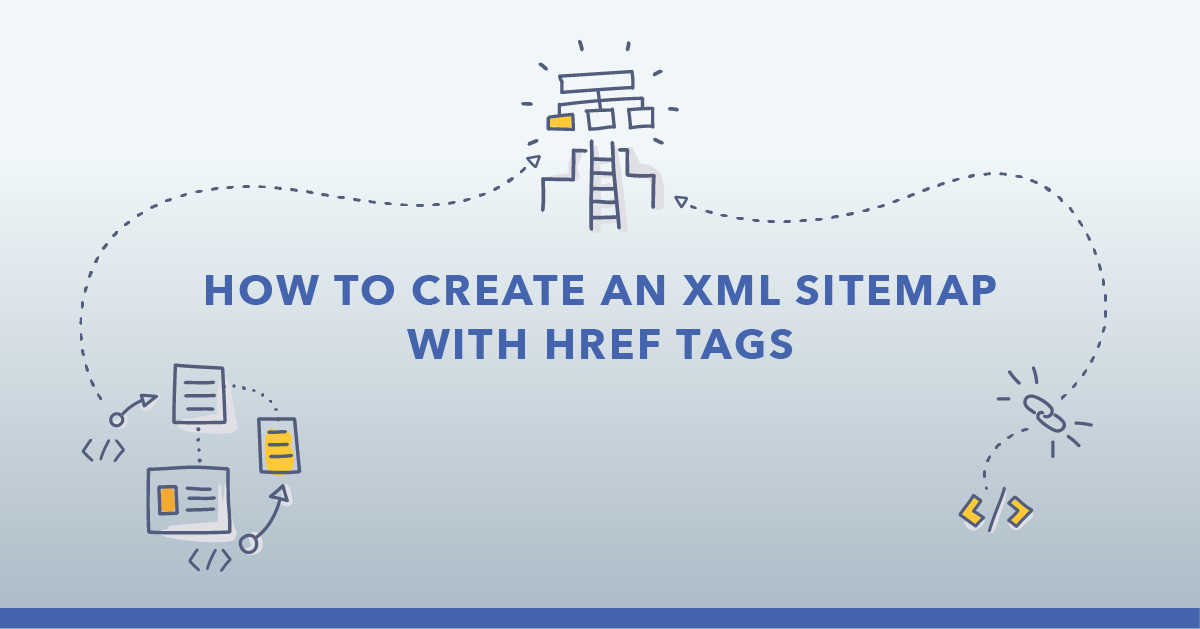
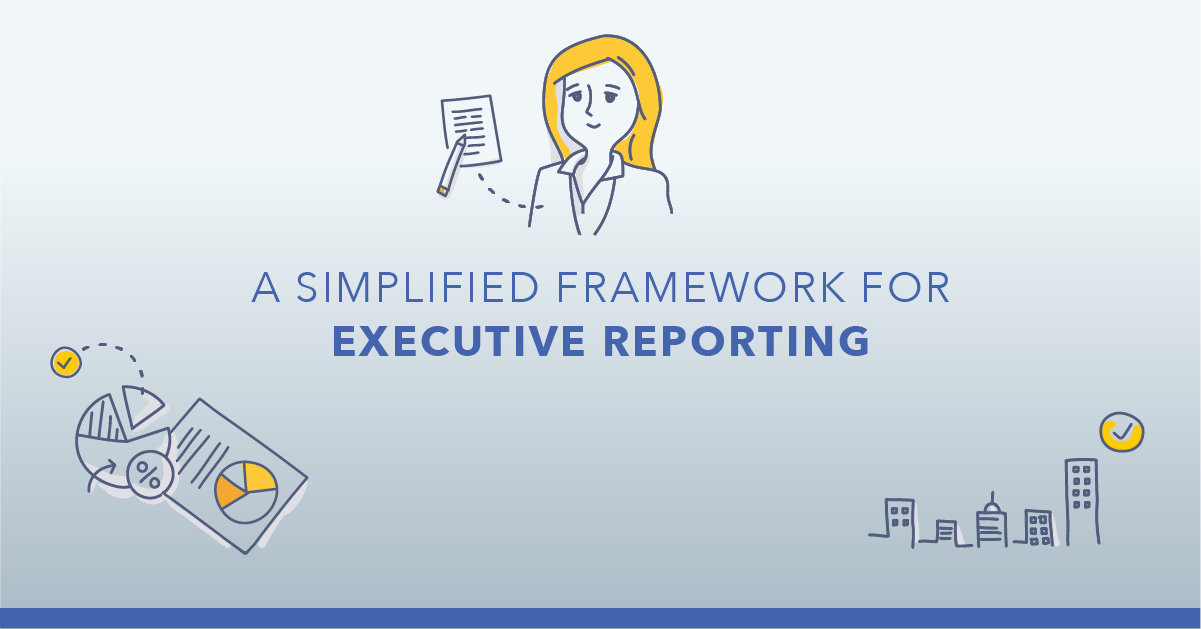

Comments
Currently, there are no comments. Be the first to post one!